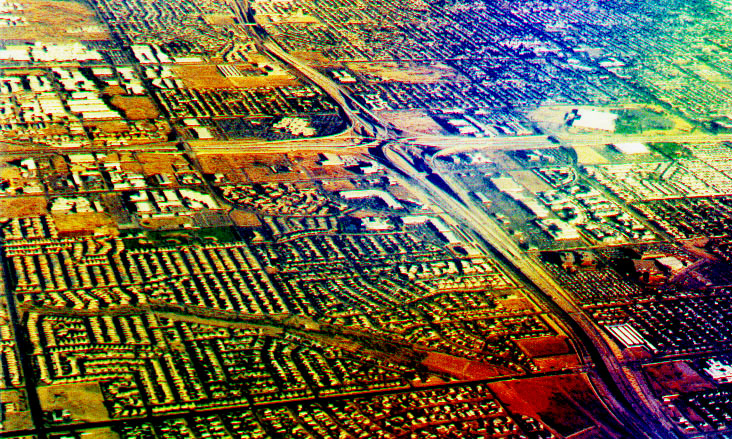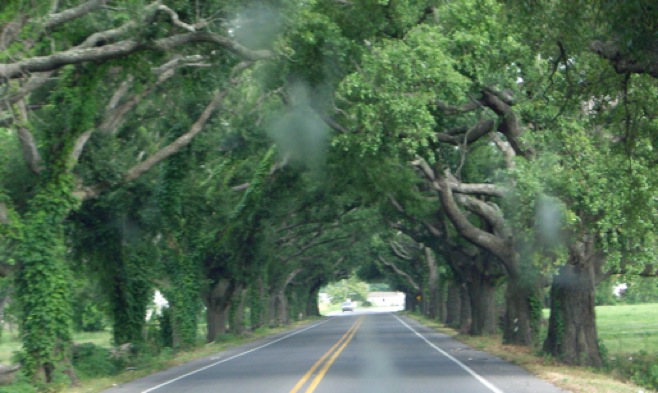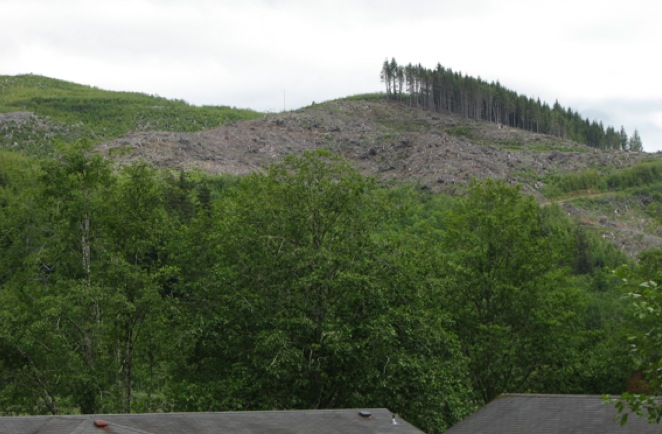We are our history; even if we have forgotten what that heritage is, what that past had meant, and how we have arrived here today.
Narrative steps:
Precondition | The Buildup | Main Event | Meaning | Wind-down | Outcome | Consequences | Source
![]()

Washington, D. C. on the Potomac River.
1. The Precondition “Stems from the conviction that?" "The land was ours . . . . 1
2.
The Buildup: (background
of what led to the thesis being true, false, or inconclusive.)
In
American environmental history the nation's sentiments have moved from ethos
(behavior) to ethics (responsibility) due to losses in each subsequent century
of settlement.
Precondition | The Buildup | Main Event | Meaning | Wind-down | Outcome | Consequences | Source
3.
The Main Event: What happened,
when, to whom, where, &
how?
In
American history, the main event was Civil War (1860-1865) and in environmental
history that war gave rise to a new Federal role in the creation of a
preservation of out natural heritage and a conservation of natural resources
from 1871-1908. Theodore Roosevelt made conservation a patriotic responsibility
of every citizen not to destroy our common, natural heritage.
4.
The main events' Meaning – interpret the meaning of your main &
subordinate, supporting points?
Until the failure of conservation to secure lives, property
and ecological services during the
"dust bowl" from 1930-1936, few people but Harold Ickes, Aldo
Leopold, or Rachel Carson understood how profound a breakdown piecemeal efforts
had been to protect fisheries, forests, rivers, and soil.
Precondition | The Buildup | Main Event | Meaning | Wind-down | Outcome | Consequences | Source
5.
The wind-down
or dénouement: Then what happened because of these events?
The attempts to secure a more comfortable, convenient, and cleaner life for all residents after 1945 had consequences in the loss of over one million acres a year for fifty years transforming farms into residential neighborhoods that inadvertently polluted the air, the ground-water, rivers, forests, and generated ever more daring schemes such as flooding the Grand Canyon, or building nuclear power plants on seismically active fault lines. Environmental protection was born out of a desire to wed the preservation of ecological functions that service society, so that sustained-yield conservation practices could meet future needs without damaging land, air and water by toxic contaminants.
6.
The Outcome – interpret the meaning
of what went down & how that still matters?
Environmental protection has become ever more difficult to achieve because of the consumption levels of water, energy, air, and landscape needed for Americans to use one-quarter of the Earth's resources just to sustain the US population that is four percent of the world's people.<



Precondition | The Buildup | Main Event | Meaning | Wind-down | Outcome | Consequences | Source
7. Consequences –– interpret the long lasting influences &
meaning of the nation's protection of specific resources you prove are critical
to preserving, conserving, & protecting common ecological assets.
An example
of a consequence: “The
postwar decades thus suggest the weakness of a consumer based environmentalism.
In the 1950s and 1960s consumers were either unwilling or unable to conserve energy. . . . The result in each case [rich or poor] was a
dramatic increase in energy consumption.” (Adam Rome) page 86.

The "slowly revolving fund of life," so eloquently described by Emerson, Thoreau, Powell, Leopold, Carson, or others has inherent limitations such that without a commitment to protecting the sources of these resources through restoration and landscape renewal, the warnings of George P. Marsh become a reality that civilization can exhaust its foundations of survival. As we face the sixth major extinction of life on Earth, tomorrow's prosperity, climate, and health of people is today's choice. We are faced with a never before exercised responsibility for billions of people and their well being based on restoring the planet's ecology.
The Sacramento River at flood stage in Winter 2005-06.
Our heritage of preservation and conservation may, or may not serve as guides for how to achieve this necessary peace with the planet. Ours is the choice because we use so much.
. . . Before we were the lands." As Robert Frost, New England's poet reminded us in the 1960s.
As Environmental Science can remind us of our past wherein we have moved from an ethos of conquest with respect to our behavior regarding the abuse of resources to an ethics of landscape renewal in a mere three centuries of occupation.
Precondition | The Buildup | Main Event | Meaning | Wind-down | Outcome | Consequences | Source